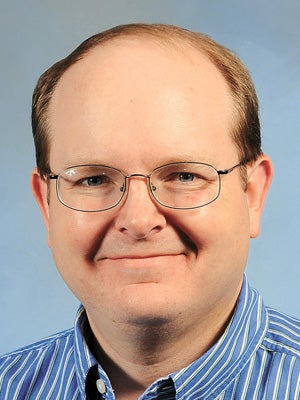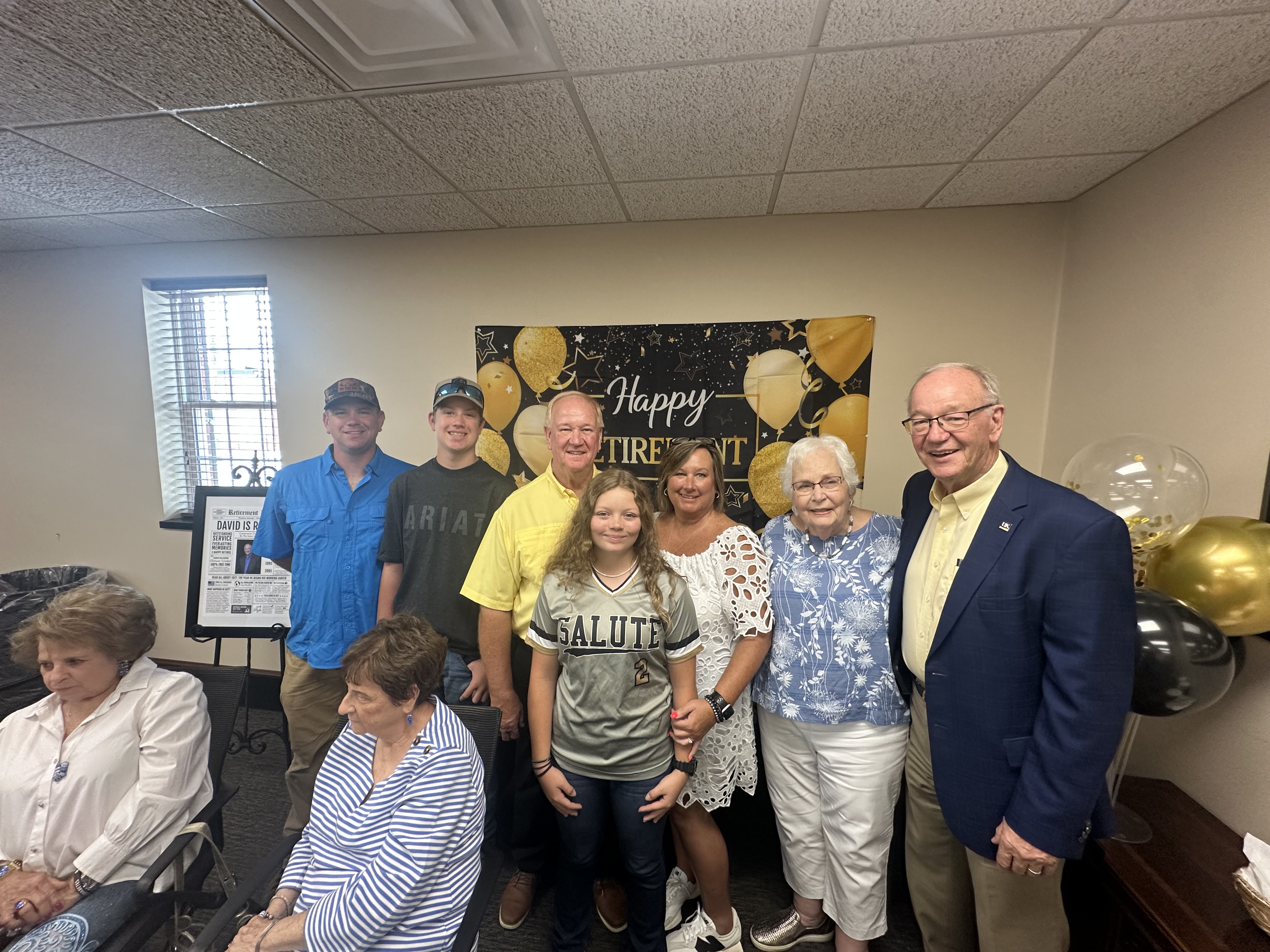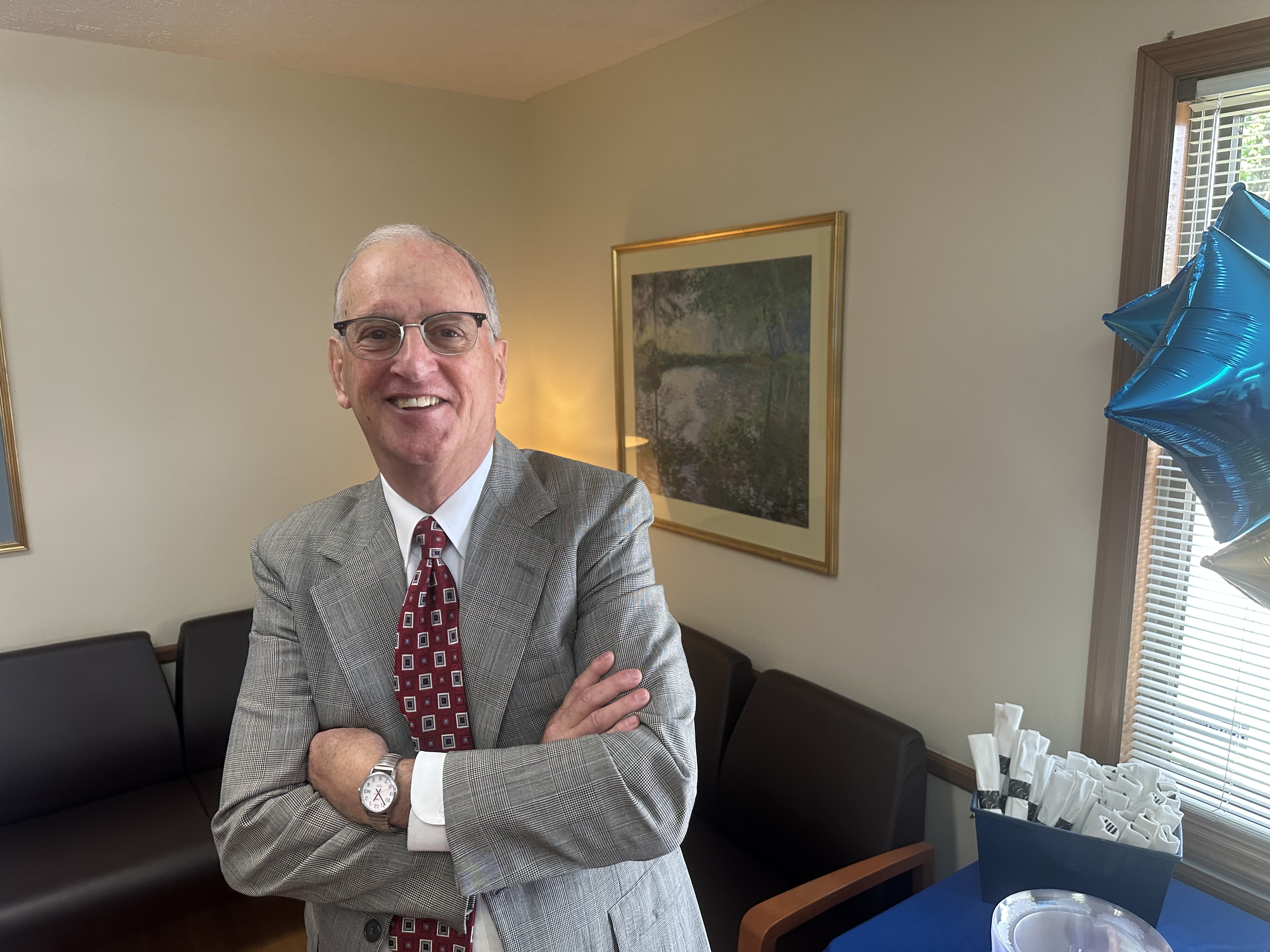Police officer finds two careers
Published 9:45 am Tuesday, July 9, 2019

- Harold Jones, a 22-year employee of the Winchester Police Department, is about to begin a doctoral program to become a psychologist. (Photo by Fred Petke)
Harold Jones was going to become a band director.
The life-long Clark County resident was two years into his music education degree when he met Winchester Police Sgt. William Harper, who played saxophone. The two became friends, which led Jones going on several ride-alongs with Harper.
“I wasn’t even applying here,” Jones said.
Then a dispatcher position became available at the department.
“He said, ‘Man, you need to apply for dispatch,’” Jones said. “ I said I don’t want to be a dispatcher. Police officer looks like a good job. He said, ‘It’s a way to get your foot in the door. Let people see the work you do.”
Jones was hired in January 1997 and became an officer nearly three years later.
His police career, though, brought him to his post-retirement goal of becoming a psychologist. Jones is set to begin a doctoral program at EKU in August which consists of four semesters of course work and a one-year internship. After that, he will be Dr. Jones, he said.
It’s a lot of work, but Jones has already completed two bachelor’s degrees and a graduate degree since 2009. Jones said he started graduate school in 2011, while attending classes during the day and patrolling Winchester at night.
“It was rough,” he said.
Prior to grad school, Jones investigated crimes against women and children as a detective in the department’s criminal investigation division.
“I’d taken so many psychology classes so I could better understand people,” Jones said. “I though if I understood more about human behavior, it would help me in investigations and interviews.”
The two career experiences overlap significantly, and it altered how he looked at police work, he said.
“The psychology stuff allows me to work not as hard on the (police) side,” he said. “To talk to people and give them options so you don’t have to keep coming back to the same call. It’s not how are we going to put them in jail but how do we make the situation better so they don’t call again.”
Along the way, psychology became a possible post-law enforcement career. For the last few years, Jones has worked part-time as a licensed psychologist associate working in community health in another county. His clients include children who need assessments and testing to adults seeking court-ordered counseling. In those instances, his experience as a police officer comes into play while trying to make connections with his patients.
The goal in the first few meetings with a new patient, he said, is to “say the right things so they want to be there.” If a person wants to be there, rather than having to be there, there will be a better result, he said.
Working with the victims while a detective further inspired Jones’ interest in psychology.
“You talk about when someone’s abused, you change that person,” he said. “They may survive and flourish, but they have been changed. That’s the main reason I got started taking psychology courses.”
Those victims, he said, often became so from a situation out of their control.
One of Jones’ first cases as a detective became a defining moment. About 10 years ago, he was investigating a child abuse case. He interviewed the suspect, who eventually confessed, and went to tell the juvenile victim about the arrest.
“I remember her looking up at me and saying, ‘I just wanted someone to believe me,’” Jones said. “I’ve never forgotten the guy’s interview. That was probably the toughest thing I’ve done to get him to confess, to say what happened and hold back my personal feelings.”
The immediate question is whether Jones will continue working for the police department when he goes back to school. Jones said he would just about be eligible to retire when classes begin, but it’s a decision he struggles with.
“If you do something like this for decades, it’s tough to let it go,” he said. “This job changes you. It can’t not change you between all the death you see, the broken families. The chances you have to really help change someone’s life makes up for it.”
Jones hopes to help others make those life changes once he completes his next degree.







